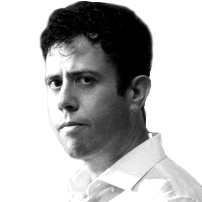There’s a moment in Confidence Man, Maggie Haberman’s highly anticipated biography of Donald Trump, that perfectly encapsulates his peerless capacity to confound. John Kelly, Trump’s second of four White House chiefs of staff, is troubled by the tendency of his boss to brandish copies of written correspondence with North Korean leader Kim Jong Un in front of random visitors to the Oval Office. “Some saw nefarious ends in this behavior,” writes Haberman, with the evenhandedness that has characterized her reporting on Trump for The New York Times, “while others believed he was operating with the emotional development of a twelve-year-old, using the intelligence data to get attention for himself.”
Norm-defying traitor or attention-seeking tween? In the seven years since Trump announced his successful campaign for the presidency, pundits have advanced three interlocking explanations for his rise. Elbowing his way into national politics by contesting the validity of Barack Obama’s birth certificate, Trump, in the words of Ta-Nehisi Coates, was America’s “first white president.” A ruthless business executive who reportedly kept a volume of Hitler’s speeches by his bedside, Trump was also a budding dictator. And as a venal admirer of Russian president Vladimir Putin, he was a “Manchurian candidate” in thrall to Moscow.


